George Floyd legacy: what has changed in the US three years on
Police officers are more accountable but has ‘white empathy’ hit a wall?
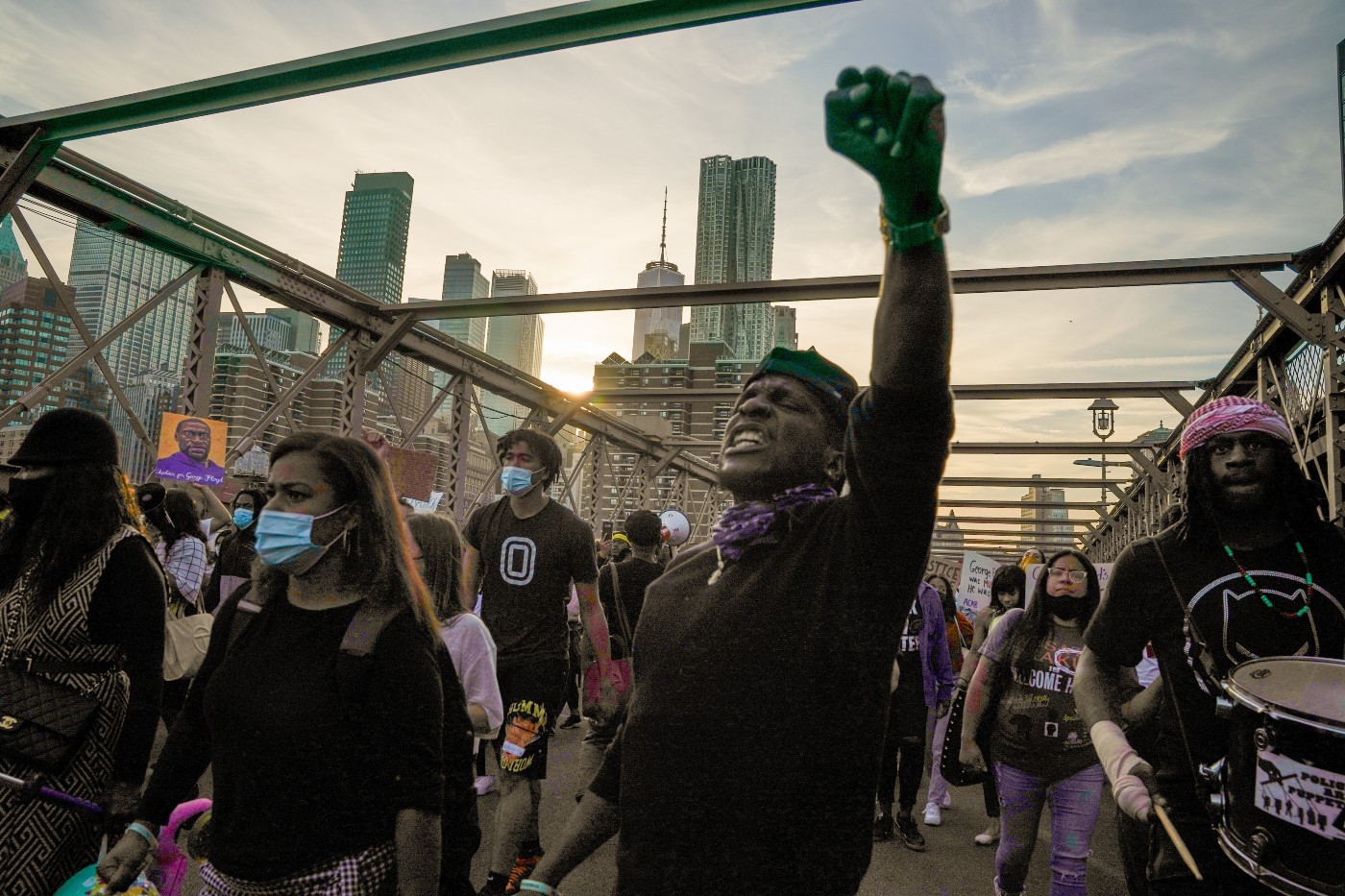
A free daily email with the biggest news stories of the day – and the best features from TheWeek.com
You are now subscribed
Your newsletter sign-up was successful
The murder of George Floyd by a police officer in Minneapolis three years ago sparked global outrage and triggered a renewed push for reform of US policing powers.
In a video that would go viral, Derek Chauvin was filmed on 25 May 2020 kneeling on Floyd’s neck for almost nine minutes, resulting in the unarmed African American man’s death.
Three years on, Black Americans are “still more than twice as likely to be killed by police as white Americans”, said The Hill. “Much has changed since Floyd’s killing”, the news site said, but that “startling” statistic “underscores how much hasn’t changed all the same”.
The Week
Escape your echo chamber. Get the facts behind the news, plus analysis from multiple perspectives.

Sign up for The Week's Free Newsletters
From our morning news briefing to a weekly Good News Newsletter, get the best of The Week delivered directly to your inbox.
From our morning news briefing to a weekly Good News Newsletter, get the best of The Week delivered directly to your inbox.
Here The Week takes a look at how America has changed in the three years since Floyd’s murder.
Have police become more accountable?
“Perhaps the biggest shift” has “come in efforts to hold police more accountable when people are killed in their custody or as a result of their actions”, said The Hill.
In contrast to the days when police “repeatedly” avoided jail time for their conduct in the killings of Black people such as Rodney King and Trayvon Martin, those involved in Floyd’s case were charged and convicted.
Officers have also been charged in relation to other killings, including in Memphis, where five officers involved in the beating of Tyre Nichols have been fired and charged with murder.
A free daily email with the biggest news stories of the day – and the best features from TheWeek.com
What policy changes have there been?
On the second anniversary of Floyd’s murder, President Joe Biden signed an executive order which he said would usher in the “most significant police reform in decades” and deliver police accountability and reform “that is real and lasting”.
He was joined at the White House for the signing ceremony by the family of Floyd, and relatives of Breonna Taylor, who was killed when police executed a no-knock warrant at her Louisville apartment in 2020, said the Daily Mirror.
There has been a “raft of policy changes” at the Minneapolis Police Department (MPD) since Floyd’s killing in the city, including a ban on no-knock warrants, reported Minneapolis Public Radio.
This is “a potentially meaningful policy change that will reduce the likelihood of really dangerous encounters that the MPD was historically using almost entirely against communities of color and particularly Black people”, law professor Rachel Moran told the broadcaster.
Has public opinion changed?
To a measurable degree, yes. Floyd’s killing and other high-profile police abuses recorded on people’s phones “led many people who hadn’t been directly impacted by discrimination to question the status quo”, said Minnesota Public Radio.
A Gallup poll in 2022 found that more than 80% of Americans want police officers to face legal action for abuse of power or unnecessary harm while 78% support community-based alternatives such as violence intervention programmes.
However, a significantly smaller number supported calls to “defund the police”. Just 35% of Americans said they wanted to reduce the budget of police departments to fund social programmes instead.
Nevertheless, a Vox/Data for Progress poll in the wake of Floyd’s death found that “large majorities of likely voters” supported such police reform ideas as mandatory use of body cameras, collecting better data on use of force, and banning choke holds, reported Time magazine.
What about reparations?
Several states are offering restitution or repayment payments, with at least 19 cities across the United States agreeing to pay out more than $80 million (£65 million) in settlements to protesters injured by police during 2020 racial justice protests.
Justin Hansford, a professor at Howard University School of Law and executive director of the Thurgood Marshall Civil Rights Center, told The Guardian that the total number of settlements was “unprecedented”.
The California Reparations Task Force is considering a series of proposals for reparations for Black Americans, including for mass incarceration of Black Americans and over-policing in Black communities, said The Hill.
What hasn’t changed?
However, there is still widespread frustration that more hasn’t changed legislatively and in public sentiment.
“Proponents of federal actions” including banning choke holds and “changing the so-called qualified immunity protections for law enforcement still await meaningful signs of change”, Eyewitness News reported.
“The wave of white empathy seems to have hit a wall,” wrote Ja’han Jones for The ReidOut Bllog on MSNBC.
He argued that “corporate leaders have been exposed for their empty promises of racial equity, federal legislation designed to prevent police misconduct has faltered, and, anecdotally speaking, a lot of white folks seem to have lost their capacity for anti-racist outrage”. As he said: “Complicity and complacency require much less effort.”
Chas Newkey-Burden has been part of The Week Digital team for more than a decade and a journalist for 25 years, starting out on the irreverent football weekly 90 Minutes, before moving to lifestyle magazines Loaded and Attitude. He was a columnist for The Big Issue and landed a world exclusive with David Beckham that became the weekly magazine’s bestselling issue. He now writes regularly for The Guardian, The Telegraph, The Independent, Metro, FourFourTwo and the i new site. He is also the author of a number of non-fiction books.
-
 The ‘ravenous’ demand for Cornish minerals
The ‘ravenous’ demand for Cornish mineralsUnder the Radar Growing need for critical minerals to power tech has intensified ‘appetite’ for lithium, which could be a ‘huge boon’ for local economy
-
 Why are election experts taking Trump’s midterm threats seriously?
Why are election experts taking Trump’s midterm threats seriously?IN THE SPOTLIGHT As the president muses about polling place deployments and a centralized electoral system aimed at one-party control, lawmakers are taking this administration at its word
-
 ‘Restaurateurs have become millionaires’
‘Restaurateurs have become millionaires’Instant Opinion Opinion, comment and editorials of the day
-
 Tourist sparks bomb alert after accidentally ordering a 'grenade'
Tourist sparks bomb alert after accidentally ordering a 'grenade'Tall Tales And other stories from the stranger side of life
-
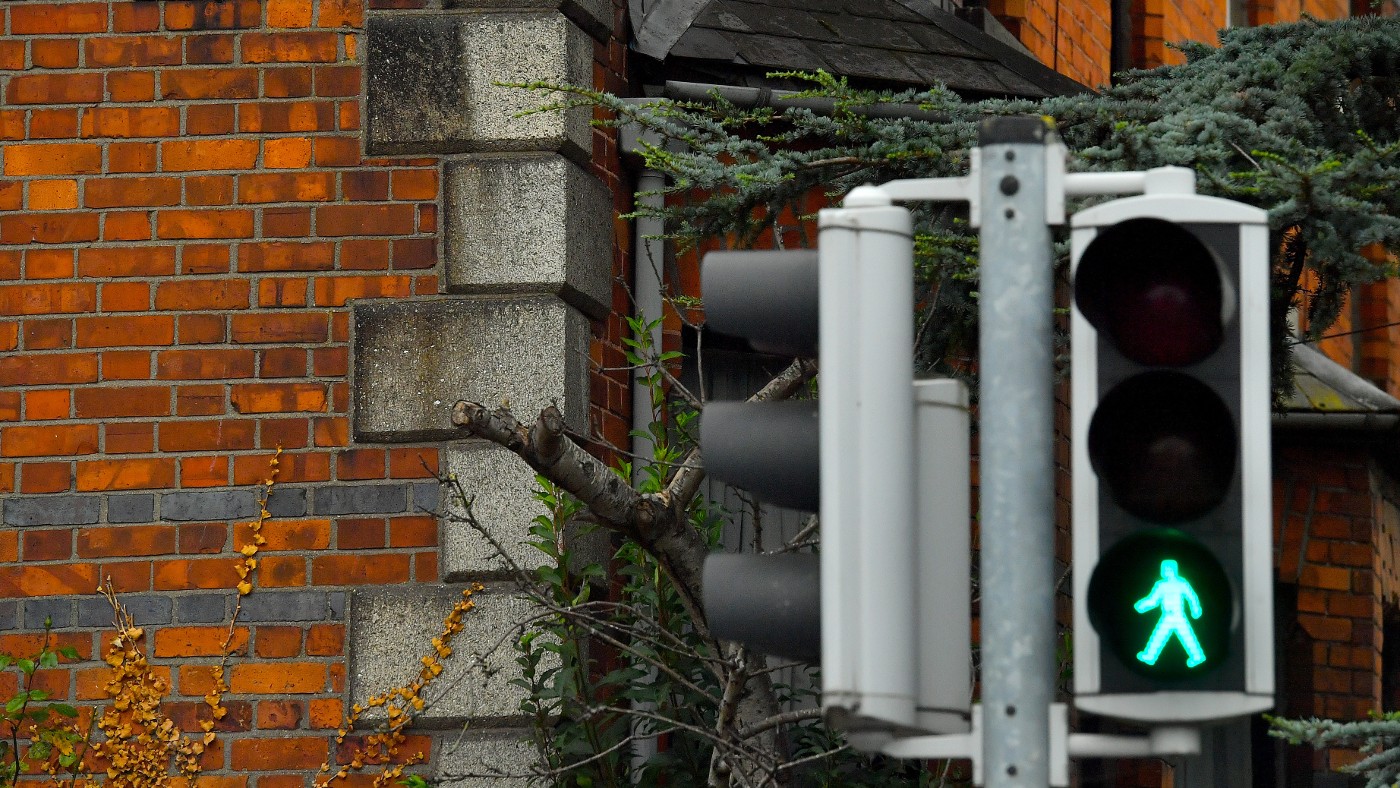 Green man will stay on longer for fat Brits
Green man will stay on longer for fat Britsfeature And other stories from the stranger side of life
-
 How your laughter shows when you’re in love
How your laughter shows when you’re in lovefeature And other stories from the stranger side of life
-
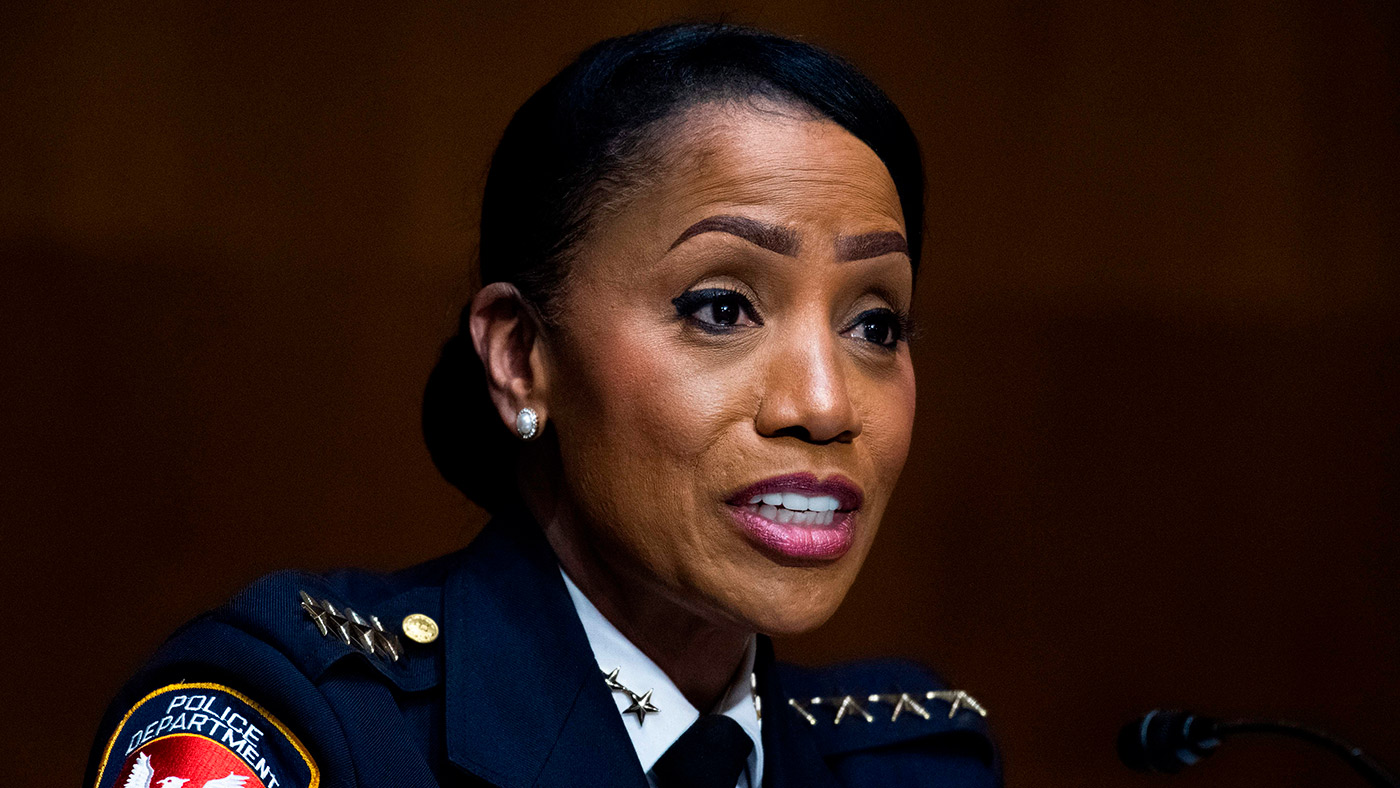 US elite crime-fighting units: a recipe for trouble?
US elite crime-fighting units: a recipe for trouble?feature Tyre Nichols’ death in Memphis highlights the dangers of using of elite crime-fighting units
-
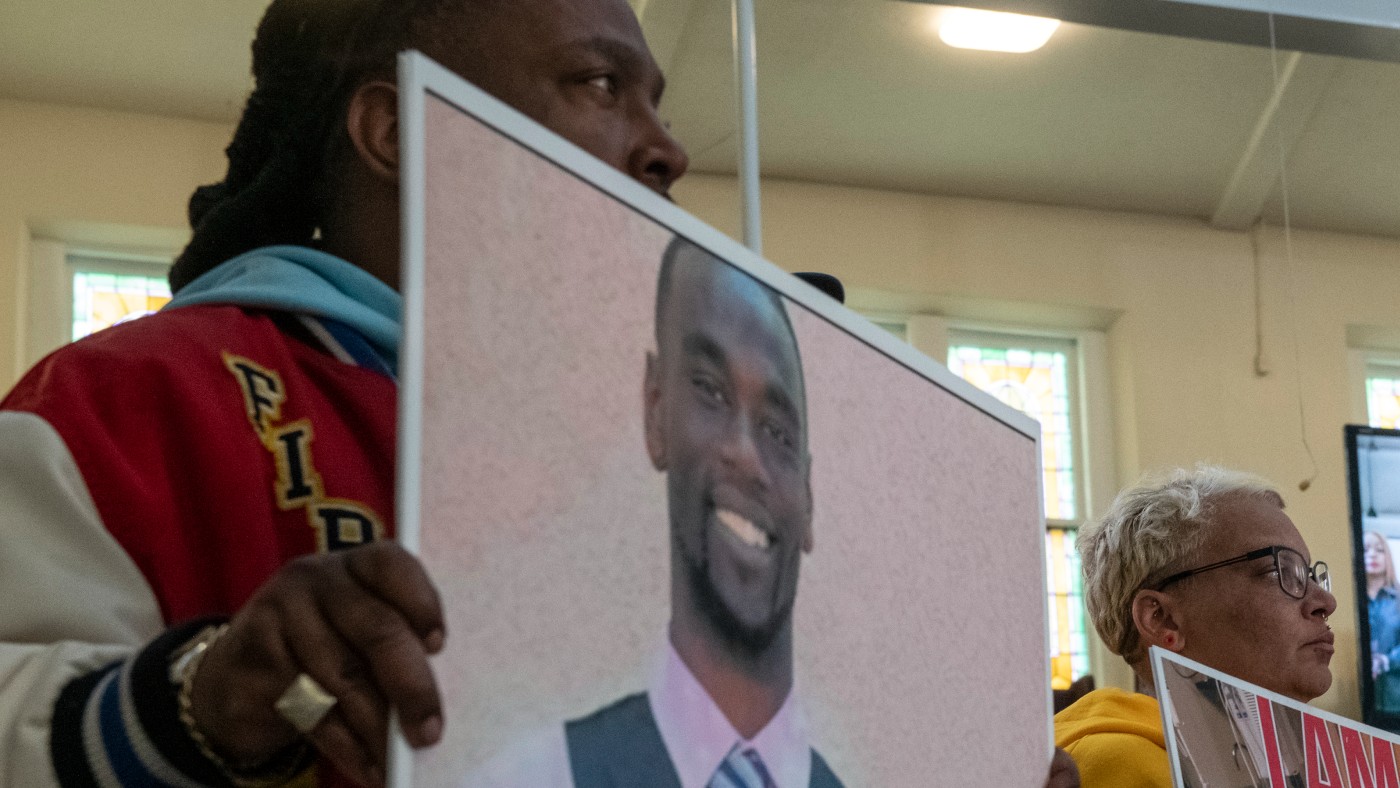 What happened to Tyre Nichols?
What happened to Tyre Nichols?Speed Read President Biden calls for ‘peaceful protest’ ahead of video release showing Memphis police officers fatally injuring 29-year-old
-
 What Harry & Meghan reveals about the Duchess of Sussex’s reputation within the royal family
What Harry & Meghan reveals about the Duchess of Sussex’s reputation within the royal familyfeature New Netflix documentary shines a light on the British monarchy’s relationship with the patriarchy and whiteness
-
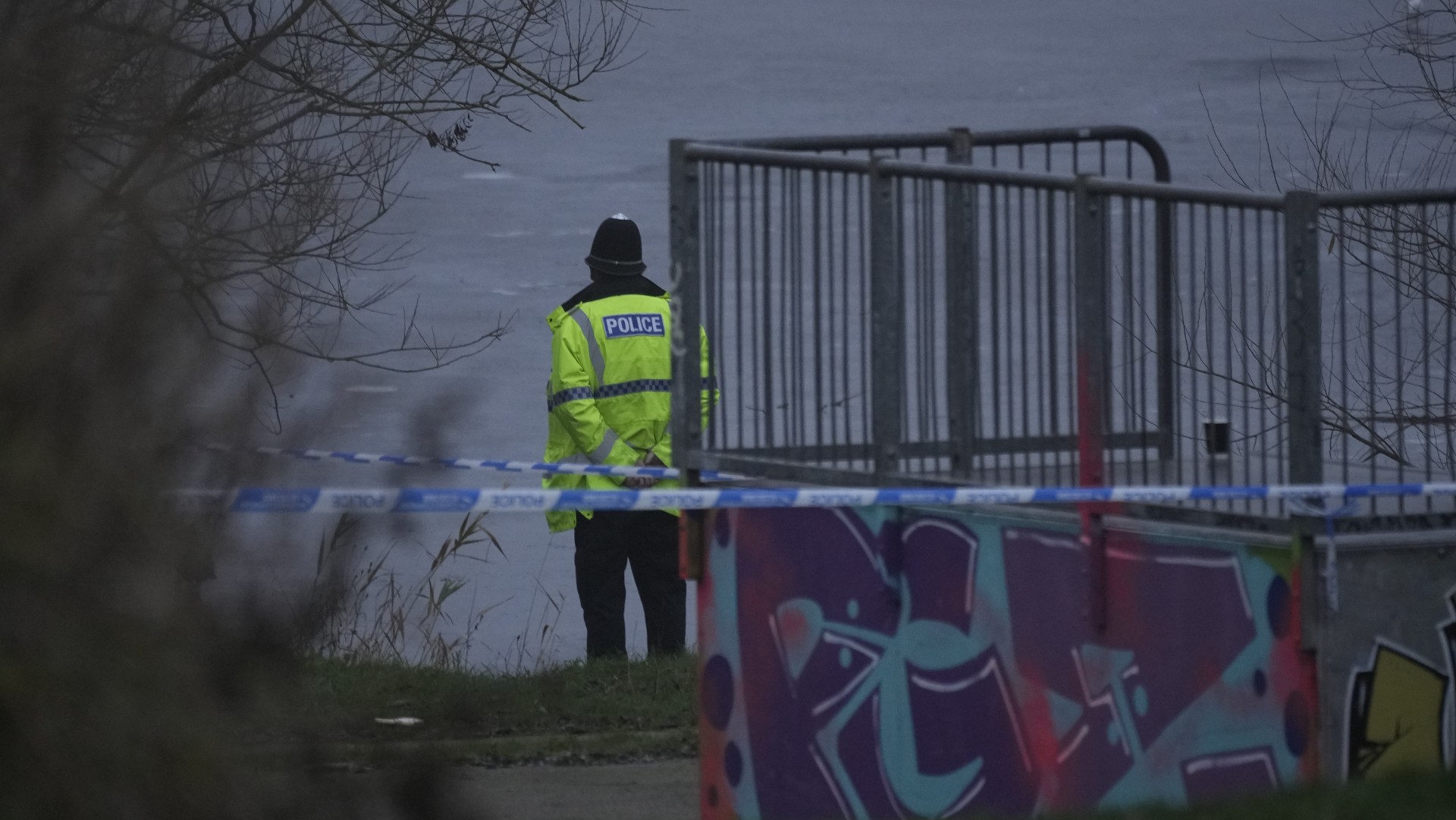 Three children dead after plunging into frozen Solihull lake
Three children dead after plunging into frozen Solihull lakeSpeed Read Search continues for unconfirmed number of other children, with rescue ‘now a recovery operation’
-
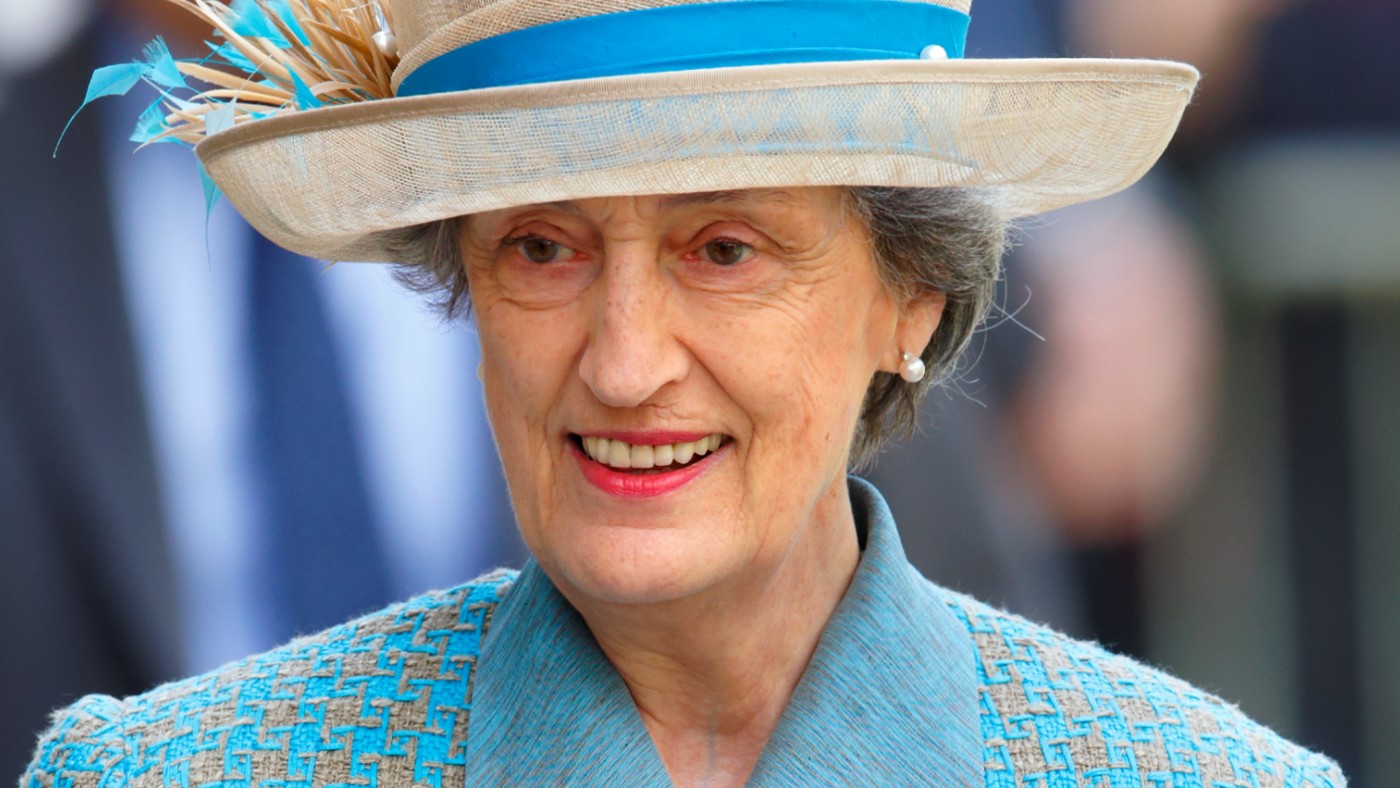 ‘Where are you from?’: a question of race and identity
‘Where are you from?’: a question of race and identityTalking Point Lady Hussey racism row could hardly have come at a worse time for the royals